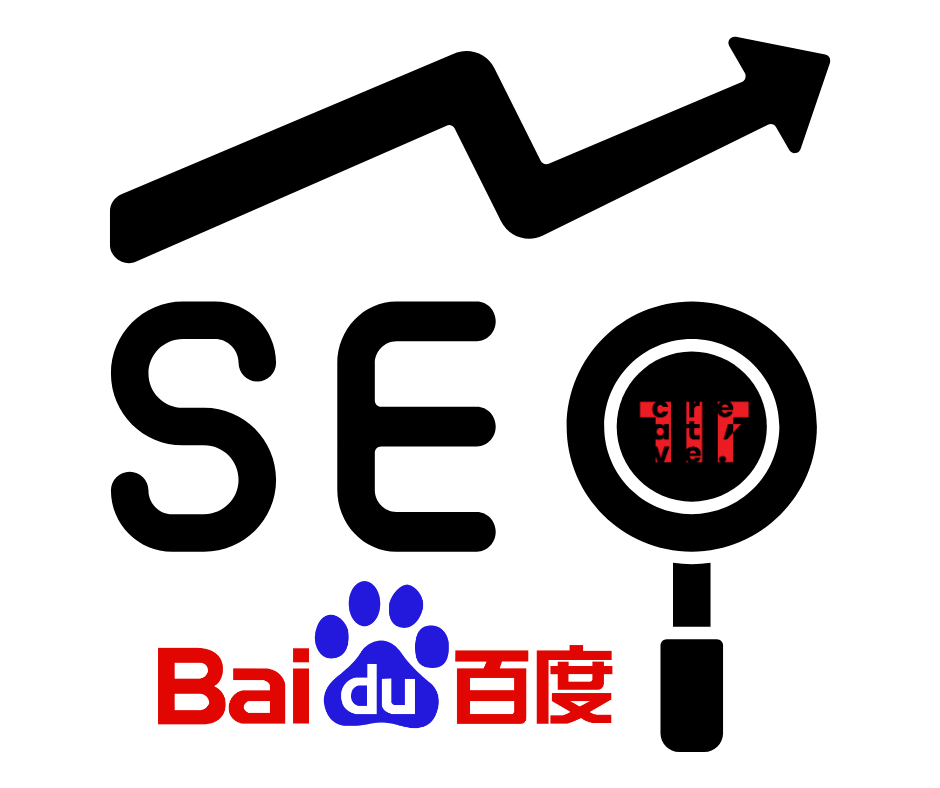Mastering Baidu SEO: Strategies for Success on China’s Leading Search Engine
In essence, Baidu serves China much like Google serves the rest of the world. Consequently, if you want your website to be visible to users in China, it’s essential to master search engine optimization (SEO) for Baidu, the country’s leading search engine.
But is it feasible to optimize your existing global website for Baidu SEO? This guide will delve into what Baidu is, why it’s crucial for your China SEO strategy, and offer practical tips on improving your ranking in Baidu’s search results, even with your current website.
Therefore, if your business is extending its digital presence into China, securing a high rank on Baidu is pivotal for attracting Chinese audiences to your site.
The Importance of Baidu SEO
Baidu is the primary search engine for users in China, making it the key platform for businesses to enhance visibility and drive traffic within the country. Given that Google is blocked in mainland China, Baidu is the most efficient way to reach a Chinese audience. Maximizing your chances of being seen on Baidu involves effective SEO strategies. However, many businesses mistakenly consider it a lost cause if their site isn’t hosted in China or their content isn’t in Chinese.
Can my website rank on Baidu if it’s hosted outside of China?
Yes.
How can my website rank on Baidu?
Baidu generally favors websites that have:
- Enhanced user experience
- High engagement
- High site speed
- Mobile first
- Localized (has simplified Chinese language or domain)
Although Baidu favors sites in Simplified Chinese, your website can still achieve ranking if it is optimized for speed, functionality, and relevance to search terms. Before diving into specific actionable, let’s explore why Baidu SEO is distinct from Google and Western SEO practices.
Baidu vs. Google SEO:
While certain SEO basics, such as loading speed and content relevance, are crucial for both Google and Baidu, it’s crucial to recognize the unique aspects that do not apply universally to both search engines.
Regulation of Content and Censorship Baidu excludes content restricted by the Great Firewall. Consequently, if your website features censored topics or breaches local laws, its search ranking will likely be heavily impacted.
Website performance While both Google and Baidu prioritize fast websites, Baidu emphasizes site speed more due to China’s internet infrastructure. Baidu’s Lightning Algorithm rewards mobile web pages that load within two seconds, penalizing those that take over three seconds. Conversely, Google’s 2018 “Speed Update” introduced page speed as a ranking factor for mobile searches but clarified that “a slow page may still rank highly if it has great, relevant content.”
Web Management Tools Baidu Webmaster Tools provides fewer advanced features than Google Search Console, such as real-time SERP ranking. However, you can still utilize Baidu Webmaster Tools to enhance your SEO strategy by discovering search volume for keywords, tracking backlinks and checking crawlability.
Quality Backlinks Unlike Google, which appreciates backlinks from any reputable source, Baidu places higher value on backlinks from trusted, Chinese-hosted websites.
Translation and Localization Baidu prioritizes content in Simplified Chinese, while Google is more accommodating to multiple languages. Baidu focuses on fully localized, Chinese-language content, including your site’s metadata and alt text.
8 Tips for Improving Your Website’s Baidu SEO Ranking in China
Although there are significant differences between Google and Baidu, this shouldn’t deter you from optimizing your site for Baidu. Here are eight SEO tips to boost your website’s ranking on Baidu:
- Enhance Site Speed and Functionality: Baidu considers slow sites to be of low quality, which negatively impacts your search result rankings. Many global websites experience performance issues in China due to infrastructure and code incompatibilities with the country’s internet ecosystem. Addressing these issues involves more than just hosting your site in China or using a CDN. (TIF Asia can boost your website’s speed and functionality in China without needing a full onshore hosting solution)
- Index URLs: Submit your sitemaps or URLs for indexing through Baidu Webmaster Tools. This platform also allows you to view SEO settings and analyze your site’s performance on Baidu. (Note: TIF Asia automatically pushes your URLs to Baidu.)
- Prioritize mobile optimization: Baidu is mobile-first, so ensuring your site is fully optimized for mobile users will improve your Baidu ranking. This means not only optimizing for performance, as mentioned earlier, but also ensuring your site is mobile-friendly. Achieve this by implementing a responsive design, optimizing images for mobile loading, and minimizing dynamic elements.
- Regularly update your content: Similar to Google, Baidu favors fresh content. It’s essential to update your website regularly with high-quality, relevant material. Whether through blogs, articles, or other types of content, maintaining a frequent publishing schedule is key to staying visible on Baidu.
- Optimize metadata and HTML: While Google ignores meta keywords for ranking, Baidu still values them. Incorporate relevant Chinese keywords into your meta titles, descriptions, and header tags. Additionally, Baidu’s crawlers prefer clean HTML code, so it’s best to avoid excessive use of JavaScript or Flash.
- Develop a Local Backlink Strategy: Focus on building backlinks from reputable, Chinese-hosted websites to enhance your site’s ranking. Steer clear of spammy link-building practices, as Baidu actively penalizes sites that use black hat SEO techniques.
- Acquire a .cn domain: Even if your site is accessible from China and optimized for speed and functionality, it can still rank on Baidu without a Chinese domain. However, you might consider going a step further by using a .cn domain. This does, however, require a Chinese business entity and meeting other prerequisites.
- Localize your content: If it aligns with your business strategy to create a website tailored specifically for a Chinese audience, then localizing everything from content to metadata, including URLs and tags, in Simplified Chinese, will contribute to higher rankings on Baidu.
As challenging as it may sound, SEO is a long-term, continuous, and ever-evolving process. This makes it difficult to devise a perfect strategy to secure the top ranking on Baidu (or Google, for that matter).
Optimize your website for China
While the tips above can enhance your chances of ranking higher on Baidu, speed and functionality issues often hold websites back. Achieving top web performance for successful ranking on Baidu can be overwhelming and costly.
That’s where TIF Asia comes in. TIF Asia offers a platform that optimizes your existing website for fast, reliable performance in China, without the need for onshore hosting or building a new site.
Optimize with TIF Asia for Better Performance in China
TIF Asia can integrate with almost any website, achieving an average 6-8x improvement in load times, enhanced functionality in China, and higher rankings on Baidu, all without altering your global website setup.
Optimizing your website for Baidu SEO to reach users in China requires the same level of attention as optimizing for Google SEO to reach a global audience. From improving website performance and utilizing Baidu Webmaster Tools to indexing and building backlinks, there are numerous strategies to start ranking on China’s largest search engine.
Baidu SEO is just one aspect of expanding your business’s reach to users in China. Don’t let slow loading speeds and performance issues hold you back in China’s internet ecosystem. TIF Asia can simplify the process by making your website faster and fully functional for users in China without needing to overhaul your entire setup.




